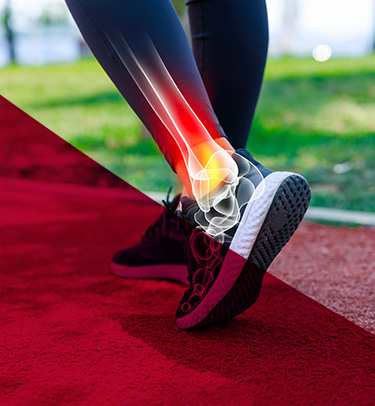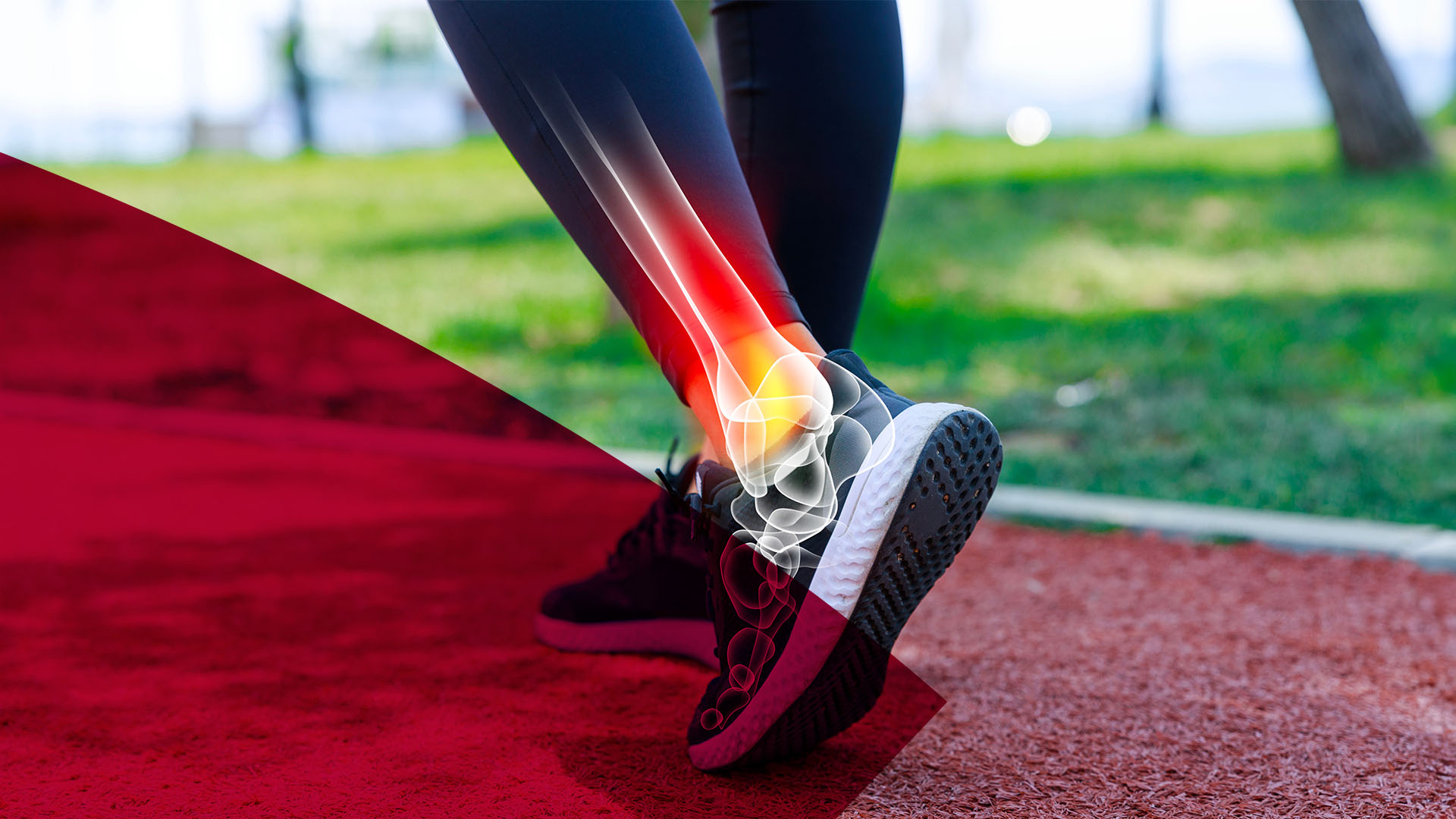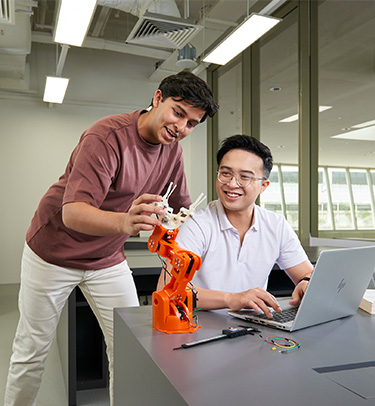Written By: Micheal Lim, Ex-Principal Clinical Exercise Physiologist and Head of Sports Medicine Programme, Public Hospital in Singapore
Background
As chronic diseases like diabetes, hypertension, and cardiovascular conditions become more prevalent, there is a shift to look beyond traditional approaches to managing these lifestyle-related conditions. Additionally, with a global aging population crisis, there is a greater demand for preventive care and proactive management of chronic diseases to prevent their progression and complications [1],[2].
The evolution of exercise science knowledge and research over the past decades has allowed for clinical exercise physiologists to take on a more integral role within the health care systems. Their advanced knowledge and understanding on how acute and chronic exercise impacts various physiological systems have enabled these professionals to develop more effective, evidence-based exercise programmes tailored to meet individual health needs.
Who are Clinical Exercise Physiologists?
Clinical exercise physiologists (CEP) specialise in managing chronic and lifestyle-related health conditions using evidence-based scientific techniques. They have extensive knowledge in areas including exercise testing, exercise programming, and supervision for individuals with and without chronic health issues. This expertise allows them to develop tailored exercise interventions that address the specific needs of each patient, ensuring safe and effective management of their conditions.
Role of Clinical Exercise Physiologist
Clinical exercise physiologists play a vital role in both public and private healthcare settings, focusing on prescribing and delivering evidence-based exercise programs to prevent, treat, and manage long-term health conditions. They work closely with other healthcare professionals including doctors, nurses and allied health professionals to provide comprehensive patient care that improves their overall health and wellbeing.
On a day-to-day basis a Clinical Exercise Physiologist carries out a range of tasks that include:
- Performing clinical exercise testing, ranging from submaximal and maximal tests to muscle strength assessments, to diagnose and monitor various health conditions.
- Designing personalised exercise programmes based on individual health status, fitness levels, and specific medical concerns.
- Creating and supervising customised exercise intervention programmes for managing chronic diseases like diabetes, hypertension, cancer and cardiovascular diseases.
- Educating patients on the benefits of regular physical activity and healthy lifestyle choices.
- Providing counseling on behaviour change and strategies to enhance adherence to exercise programmes.
Clinical exercise physiology in Singapore
The profession of clinical exercise physiologist in Singapore was first introduced in 2007, with the initial role as a core part of the Sports Medicine unit at a public hospital in Singapore. Initially, Clinical Exercise Physiologists focused on lifestyle-based interventions for obesity and children with special needs or movement disorders. Success in these areas led to expanded roles, including developing programs for adolescents with special medical needs and developing clinical exercise testing services for children with congenital heart issues.
The 2017 launch of the Active Health initiative was a key moment for expanding the profession. The Active Health Coaches, many of whom are clinical exercise physiologists by training, play a pivotal role by bringing the specialised skills and knowledge of clinical exercise physiologists into community settings. Including Active Health Coaches, there are now approximately 30 clinical exercise physiologists practicing across the full spectrum of healthcare, from acute and tertiary care settings to private rehabilitation clinics and community health facilities.
2020 was also a pivotal one for the Clinical Exercise Physiology profession in Singapore, highlighted by the introduction of a career development pathway and the formal recognition of clinical exercise physiologists as an Allied Health Profession within SingHealth healthcare institutions.
With the launch of the Healthier SG initiative, our healthcare model is set for a major transformation. The shift towards preventative medicine and a focus on community-based lifestyle interventions will create greater opportunities for clinical exercise physiologists to become integral members of this evolving health ecosystem.
What type of training is required for Clinical Exercise Physiologist
According to standards set by key professional bodies for exercise physiologists around the world[3], clinical exercise physiologists should possess a minimum of either a Bachelor’s or Master’s qualification in Exercise Science or Clinical Exercise Physiology. These programmes should minimally include modules/topics in exercise physiology, biomechanics, anatomy and physiology, exercise testing and prescription, and health risk appraisal.
These foundational modules equip clinical exercise physiologists with the knowledge and skills necessary to be competent in their field. For instance, assessing a patient’s risk factors for chronic diseases like diabetes or hypertension is essential for prescribing safe and appropriate exercise interventions. Edith Cowan University’s programme includes a module on Physical Activity and Health that covers health risk appraisals, and exercise prescription for lifestyle and chronic diseases. This knowledge and skill set enables exercise physiologists to identify and mitigate health risks through comprehensive assessments and the prescription of appropriate exercises for athletic and general populations. Selection of safe and appropriate exercise tests to assess a patient’s physical function is a core skill set for exercise physiologists. Edinburgh Napier University’s programme includes two comprehensive modules on Exercise Physiology, where students learn a wide range of physiological exercise testing methods, including both maximal and sub-maximal exercise tests. These modules ensure that graduates are well-equipped to perform accurate assessments and develop effective exercise interventions for athletic and general populations.
Summary
As Singapore transforms its healthcare model with the Healthier SG initiative, exciting opportunities will emerge for clinical exercise physiologists to play a crucial role in this transformative effort. The shift towards a proactive approach to health will create numerous avenues for clinical exercise physiologists to apply their expertise, significantly impacting the long-term health and well-being of the population. Find out more about PSB Academy’s Sports Science programmes here.
[1] Martin Dewhurst, Katherine Linzer, Madeline Maud & Christoph Sandler. Living longer in better health: Six shifts needed for healthy aging. McKinsey Health Institute https://www.mckinsey.com/mhi/our-insights/living-longer-in-better-health-six-shifts-needed-for-healthy-aging (2022).
[2] Izquierdo, M. et al. International Exercise Recommendations in Older Adults (ICFSR): Expert Consensus Guidelines. The Journal of nutrition, health and aging 25, 824–853 (2021).
[3] American College of Sports Medicine (ACSM), Exercise and Sports Science Australia (ESSA), and Clinical Exercise Physiologist Association (CEPA)




 TOP
TOP



_2.png)

